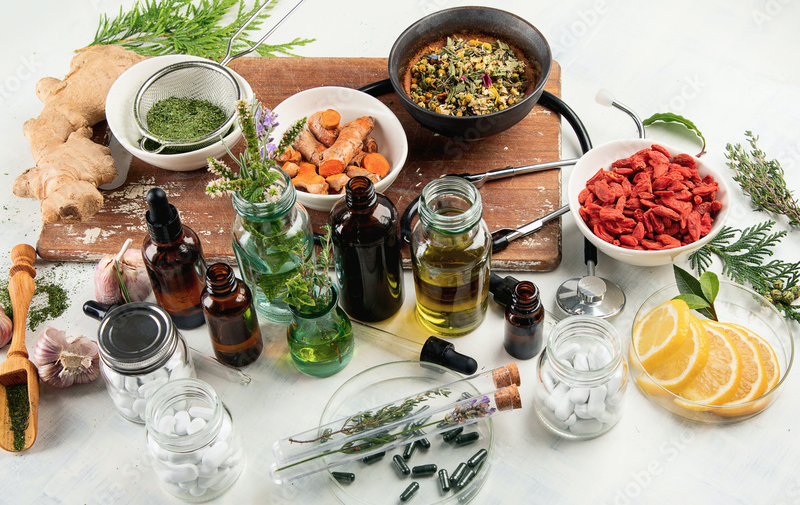
24 Jul 2025
A beginners guide to Homeopathy At Home

Homeopathy at Home
A beginner’s guide to homeopathy: what is it and how can it help me?
Since I became a homeopath, I am constantly asked, “What is Homeopathy?” so I decided to write this blog for anyone interested in finding out more. Though I qualified as a homeopath (obtaining my degree in 2003), I no longer work in professional practice, or teach the subject. Instead, I aim to provide information which may be helpful about homeopathy.
When I first heard the word homeopathy many years ago I, too, thought, what’s that? The very name is a mouthful. However, when breaking the word down, I at least had some idea since I have a medical background in nursing. I knew the suffix “pathy” is derived from the Greek word “pathos” meaning suffering or disease and “homeo” the prefix, means like or similar. So, it literally means “similar suffering”.
As a basic definition:
Homeopathy is an alternative system of medicine in which “like cures like”. In other words, a substance causing sickness in a healthy person can also cure the same symptoms when given back to a sick person in a highly diluted form.

To give a simple example:
To a person suffering with insomnia — as a possible result of drinking too much coffee — the remedy Coffea cruda is given. There may well be other reasons for the sleeplessness and a homeopath will look at the whole picture, which includes the physical, mental, and emotional state, not just the presenting symptom. For example, if the sleeplessness is caused from grief, agitation, pain, and/or other reasons, then a more detailed picture will emerge, and a different remedy will be required.
I will not go into too much detail in this blog post, as its purpose is to give a small insight into the subject. If you are new to homeopathy, you may just want to learn what is it and how it can help?
This list provides some answers:
· Homeopathy is a system of alternative medicine dating back to 1796
· Homeopathy is a holistic form of healing that considers the whole person
· It stimulates the body’s natural ability to respond to disease and cure itself
· It considers hereditary factors, lifestyle & personality, not just disease
· There are no harmful side-effects
· It treats fears and phobias — such as a fear of flying or spider phobias, etc
· In homeopathy, medicines are called remedies or tinctures
· Remedies are safe for pregnant women & infants as well as all ages
· Remedies are made from natural substances, not chemical compounds
· Homeopathy considers the individual’s unique physical, emotional & mental state
· It treats a wide range of acute and chronic conditions
· It aims to address the root cause of an illness and doesn’t suppress the symptoms
· It works opposite to conventional medicine — with the body, not against it
· It is a non-toxic, safe medicine
In future posts, I’m planning to write about various subjects relating to homeopathy.
There will be sections on:
· Using Homeopathy at home: A basic guide to remedies and their uses
· The A-Z of common remedies
· First Aid remedies
· Childhood illness & common ailments
· Female complaints — helpful remedies during pregnancy, menstruation & the menopause
· Emotional prescribing, such as grief remedies
· Helpful remedies for fears & phobias
· Remedy kits and where to purchase them
· When to visit a homeopath and what to expect
Now you know the basic facts about homeopathy. If you are interested in reading more on the topic, don’t forget to subscribe to my newsletter and read my future posts.